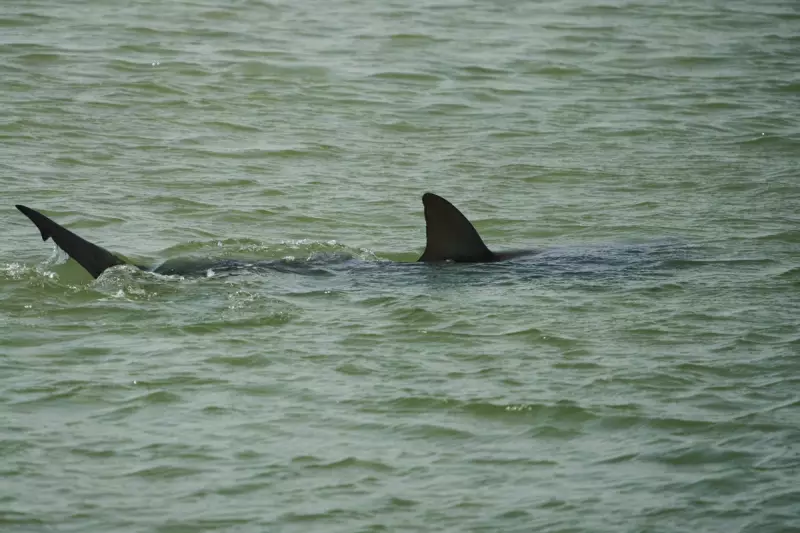
Scientists have uncovered a startling phenomenon in the Atlantic Ocean: sharks are fleeing hurricanes, seeking refuge in deeper, calmer waters. This discovery sheds new light on how extreme weather events disrupt marine ecosystems and force apex predators to adapt rapidly.
The Great Shark Exodus
Researchers tracked multiple shark species before, during, and after hurricanes in the Atlantic. The data revealed a clear pattern: as storms approach, sharks abandon their usual habitats and swim hundreds of miles to avoid the turbulent conditions.
Key findings include:
- Sharks detect approaching storms days in advance through changes in barometric pressure
- Some species dive deeper while others undertake long-distance migrations
- The displacement lasts weeks after the storm passes, affecting feeding patterns
Climate Change Implications
This behaviour has significant implications for understanding how marine life responds to climate change. With hurricanes becoming more frequent and intense, scientists worry about:
- Disruption of established migration routes
- Changes in predator-prey dynamics
- Potential conflicts with human activities as sharks seek new territories
"We're seeing nature's early warning system in action," said one marine biologist. "These predators sense what's coming and act accordingly - it's a survival mechanism refined over millennia."
Research Methodology
The study used satellite tags to monitor shark movements across the Atlantic basin. When hurricanes formed, researchers observed:
- Tiger sharks moving at triple their normal speed
- Bull sharks abandoning coastal areas entirely
- Great whites diving to unprecedented depths
This groundbreaking research provides valuable insights into how climate-driven weather extremes are reshaping ocean ecosystems in real time.






